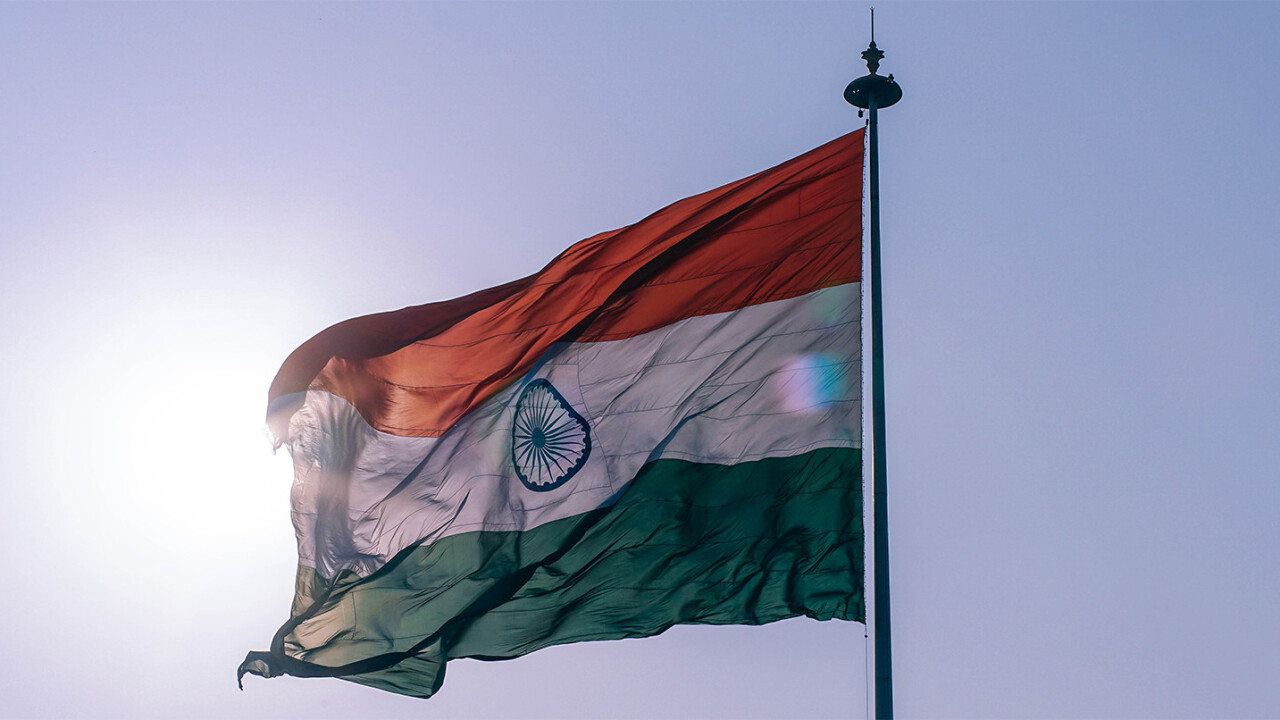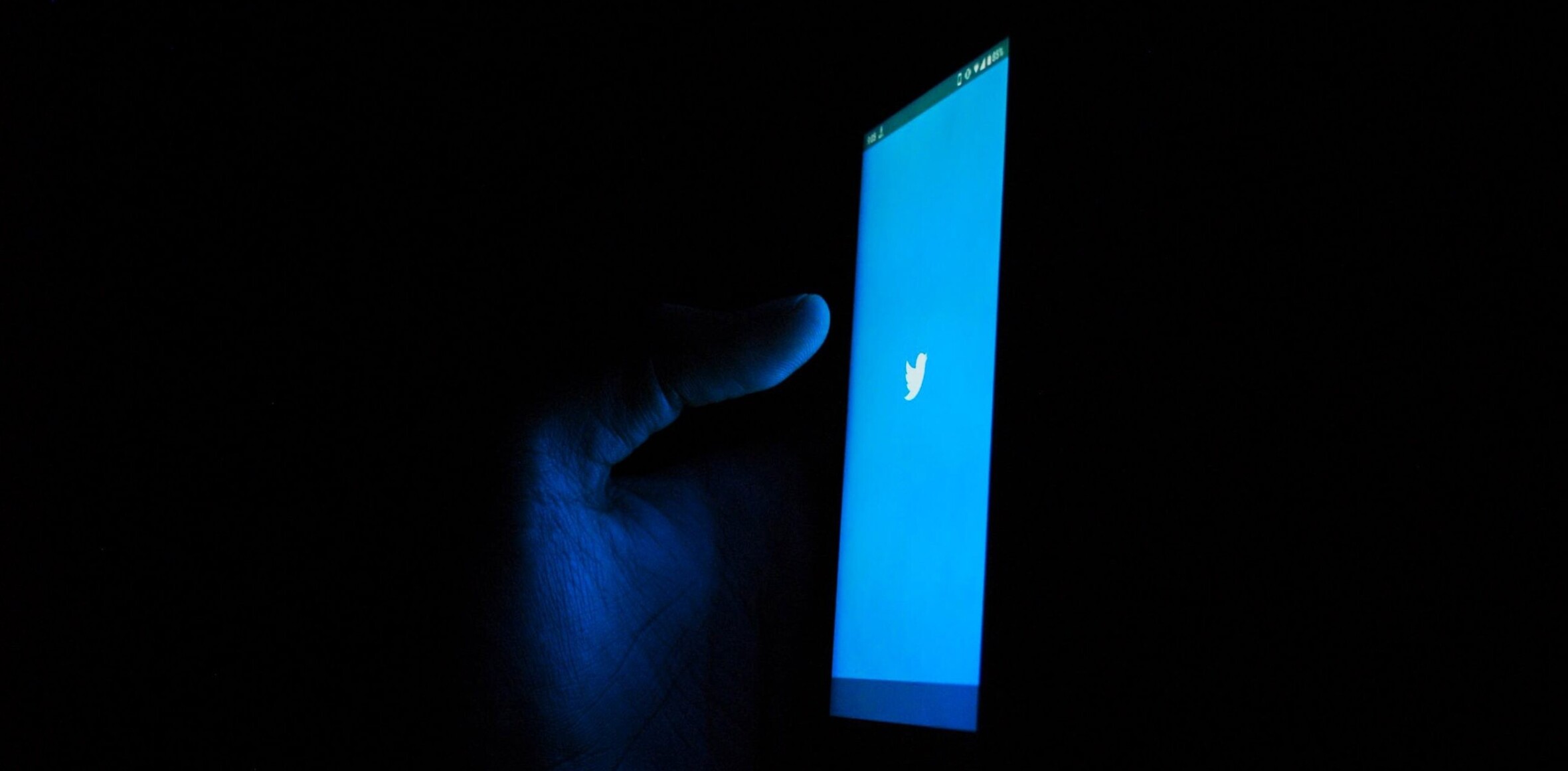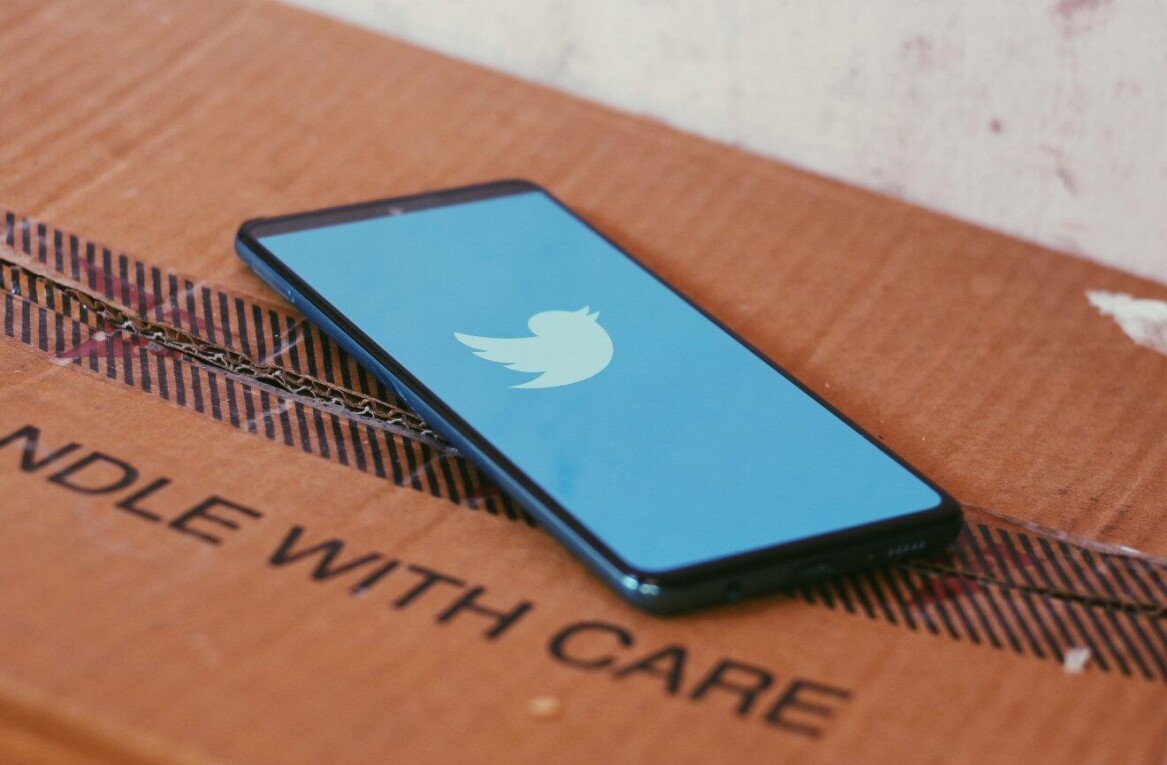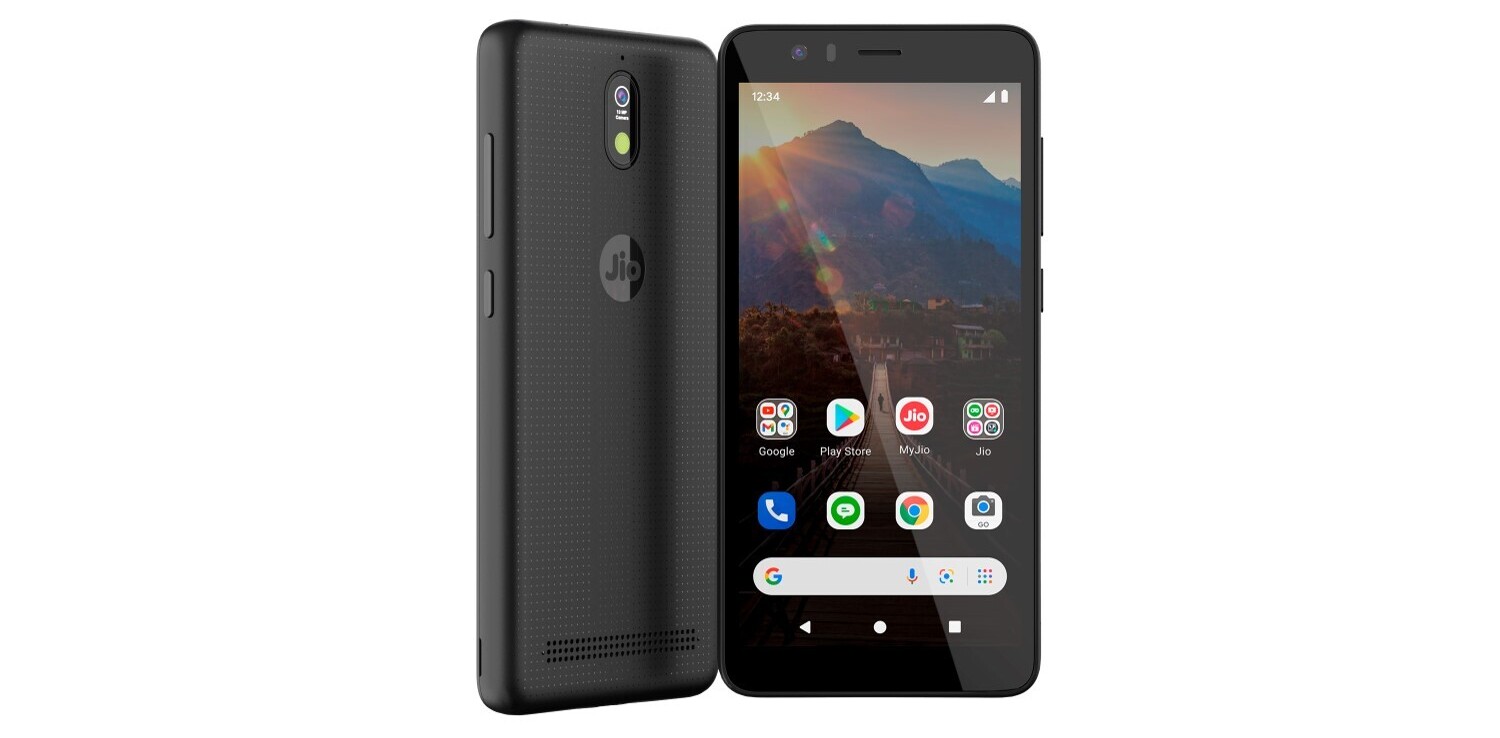The Telecom Regulatory Authority of India (TRAI) has published its recommendations for upholding net neutrality guidelines (PDF) across the country today, and boy, do they look good – for consumers, that is.
The country has been tussling with the issue of regulating internet service providers’ ability to throttle traffic and create fast lanes for specific sources of content; TRAI has previously sought comments from the public on how to shape its rules. Today, it’s recommended that all ISPs should adhere to the principle of non-discriminatory treatment of content.
That means no blocking or throttling content, and no fast lanes for content sources that offer to pay for the privilege (with an exclusion for content delivery networks). Additionally, the agency has suggested the creation of a committee consisting of representatives of ISPs, content providers, and consumer groups to police net neutrality violations across the country.
With that, India is one step closer to ensuring that net neutrality is enforced nationwide. All that remains is for the country’s Department of Telecommunications to adopt these recommendations across the telecom services industry.
It’s worth noting how different India’s stance on net neutrality is from that of the US Federal Communications Commission (FCC) chairman Ajit Pai. Ahead of a December vote within the FCC on repealing the guidelines, Pai has been hammering on about light-touch regulation that will spur investment in internet infrastructure and encourage healthy competition – without actually ever addressing consumers’ concerns about content being censored or throttled by ISPs.
The US would do well to take a leaf of India’s book at this point. TRAI previously prevented Facebook from pushing Free Basics, a zero-rated service that granted access to select sites and services on its platform for free, while operating as a gatekeeper that could decide which sites would be allowed in.
While free web access is a good thing – especially in developing economies – it can’t come with damning restrictions like the ones Facebook has in mind if the goal is to get everyone on an open and equal internet.
Here’s to more countries fighting the good fight – and coming out on top for their people.
H/T journalist Aroon Deep for helping to make sense of the recommendations.
Get the TNW newsletter
Get the most important tech news in your inbox each week.





